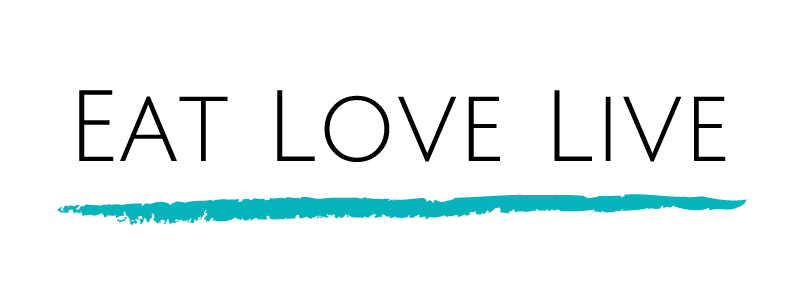The perfect accompaniment to Thriving Together: How Families and Carers Can Support Their Loved One with an Eating Disorder This Christmas, Eating Disorder Carer Support Specialist Bliss Jackman suggests some things families and carers of those with an eating disorder can reflect on when preparing for the festive season.
1. Be aware of the profound impact of diet culture at this time of year
A whole season dedicated to eating as much as you want, quickly followed by feelings of guilt and the need to purge in the new year, can normalise eating disorder culture for those who struggle with it. Everyone around you is also embracing this idea of indulgence followed by attempts to manage its consequences. What causes you significant fear and anxiety has now become the central focus of each day for many people around you as well.
2. Lower or alter expectations of self as the carer - and loved one
When we have high demands on us, it is essential that we either reduce our expectations on our self and adjust - if we have hosted Christmas every year and its our thing but that comes with a whole lot of stress and pressure - remember that you are a family who is already experiencing a high degree of stress. Just drop the expectations and show yourself some self-compassion. I often ask caregivers what advice they might to give to others in a similar situation.
3. Plan ahead and communicate the plans.
- Have early conversations with loved ones - and family members if appropriate and safe -
- Have a routine and stick to it.
Holidays can mean unstructured mealtimes, and that is super difficult for a person affected by an eating disorder. Try to keep as much meal structure as possible during holiday periods.
4. Give house guests the rundown on what not to do
If you have guests to stay, speak to them beforehand about what not to do. Examples of this are:
- Commenting on appearances (not only of the affected person, but of all family members, since it can be a trigger),
- Commenting on what anyone is eating or not eating including themselves (and certainly not about what the affected person is eating or not eating),
- Any type of diet talk or commenting on how full they are and how they overate, referencing food as good/bad, etc.
Make sure that your immediate family members are also aware of the need to avoid these behaviours as well.
5. Monitor your person’s anxiety level
Holidays can heighten anxiety for those with eating disorders due to factors like disrupted routines, food-related stress, and increased social interactions.
- Check in regularly: Speak with your loved one often, providing reassurance and a sense of stability.
- Offer support: Let them know you’re there to help and ask if there’s anything specific you can do to ease their anxiety.
- Provide distractions: Spend quality time engaging in enjoyable, non-food-related activities to help shift focus.
- Express love and understanding: Remind them they are loved and supported, even if their response is minimal or dismissive—they are listening.
6. Plan non-food-focused activities
Holidays often centre on food, but this can be challenging for someone with an eating disorder.
Create inclusive traditions: Incorporate activities unrelated to food to help them engage positively with the holiday.
Examples of activities:
- Host a family movie night,
- Play games,
- Enjoy outdoor activities,
- Organise a holiday scavenger hunt
Get creative and involve everyone: Encourage family participation and start new traditions to make holidays enjoyable for all.
Eat Love Live is excited to now provide families and carers of loved ones experiencing eating disorders with compassionate, evidence-informed approaches to navigating their support journey.
Combining lived experience supporting a child through recovery with qualifications and training in psychology, family therapy and peer work, our new service is led by Bliss Jackman, who has over 5 years of experience in public and private eating disorder settings (most recently leading the lived experience team at CEED - The Victorian Centre of Excellence in Eating Disorders). Learn more about working with Bliss here.

